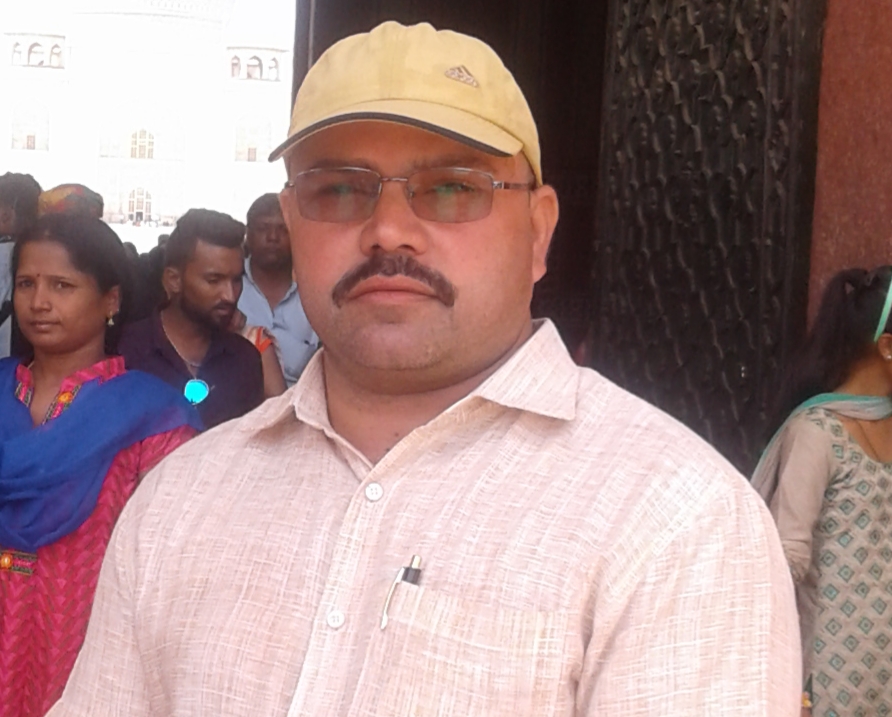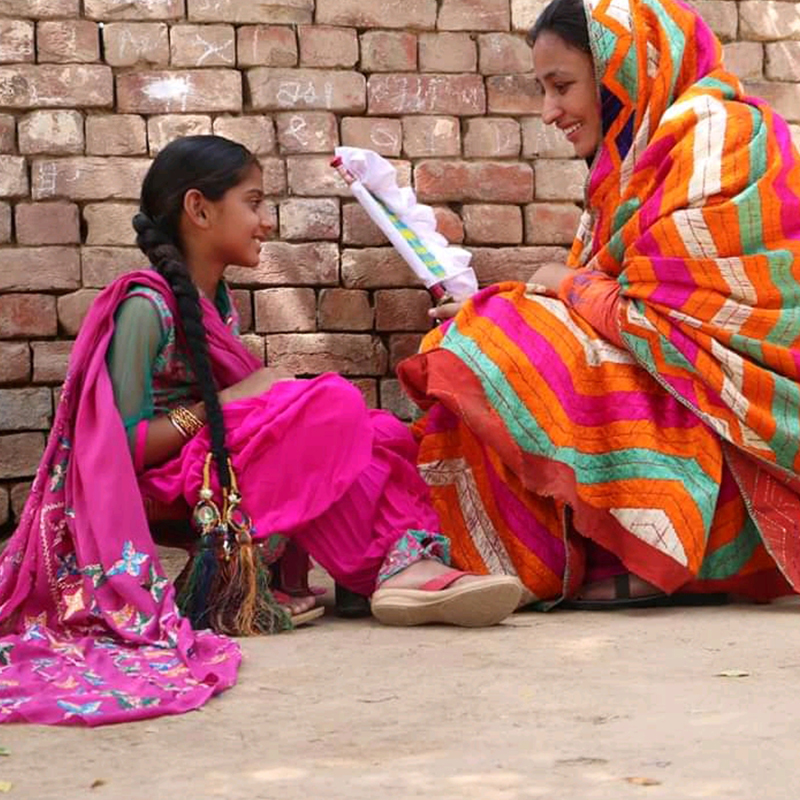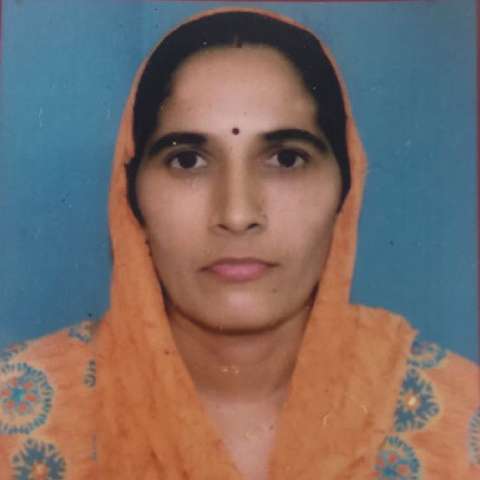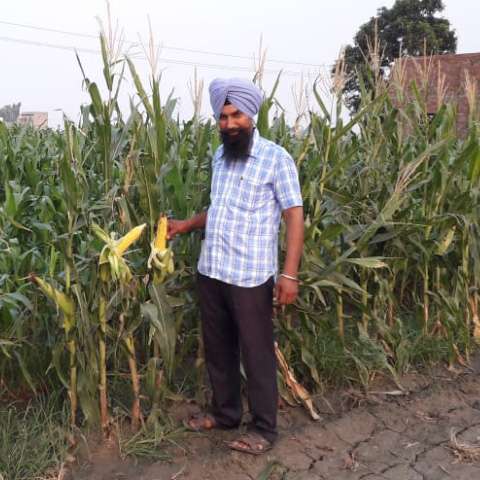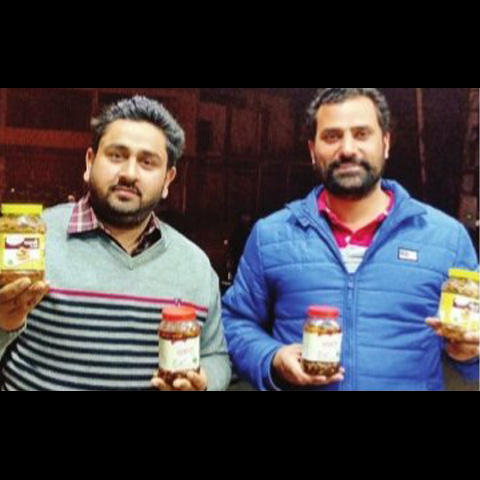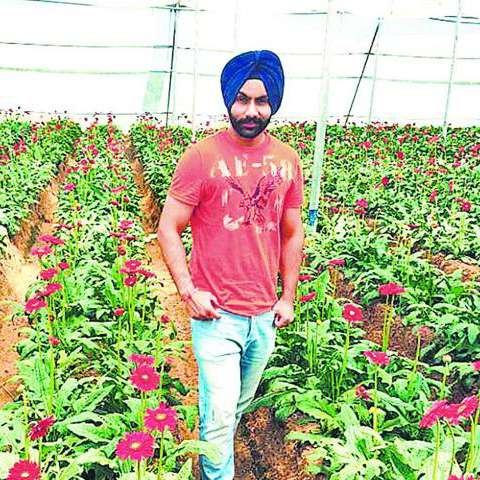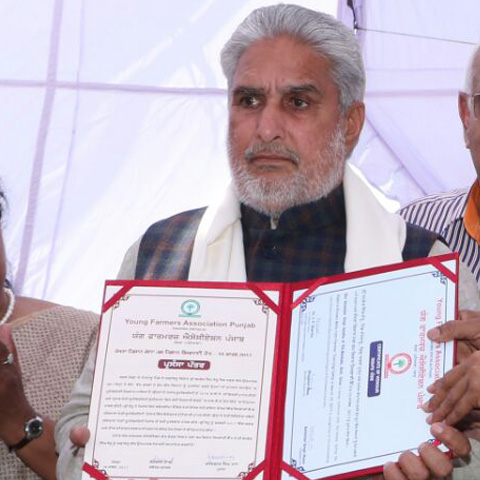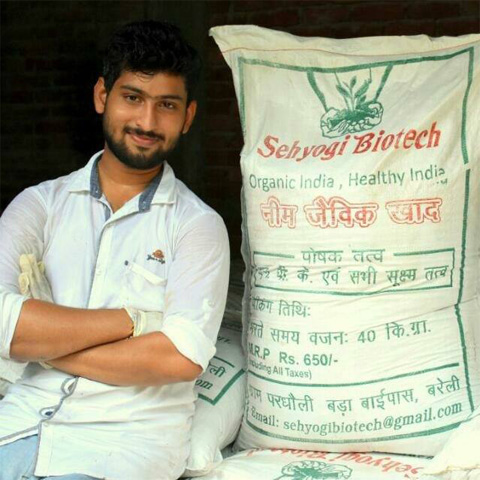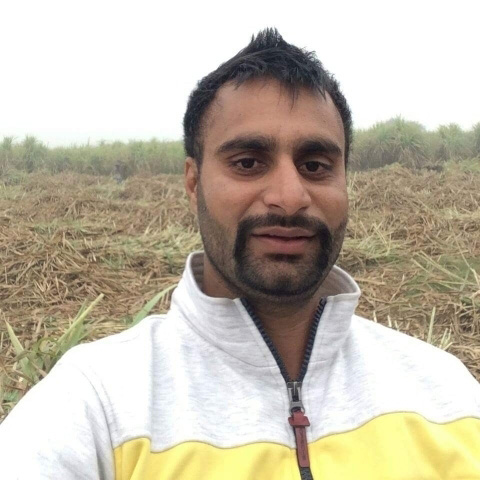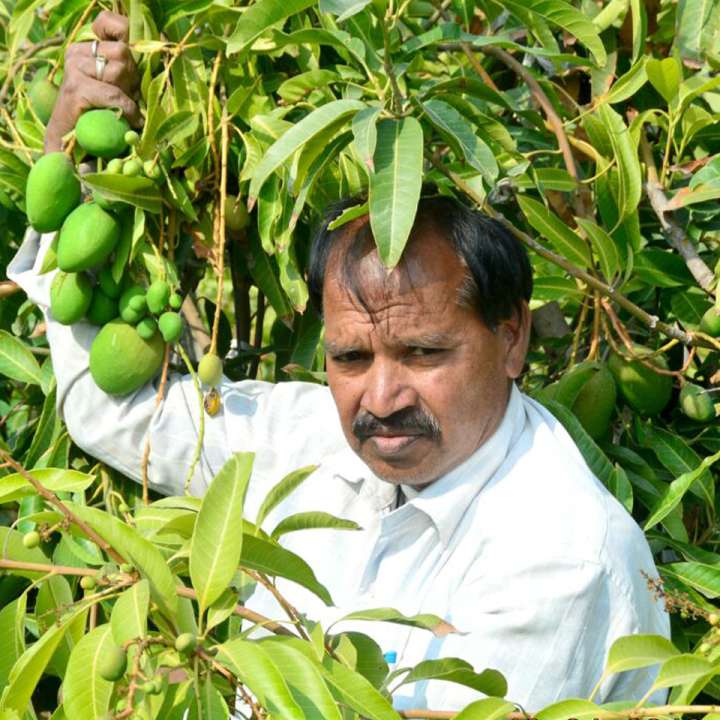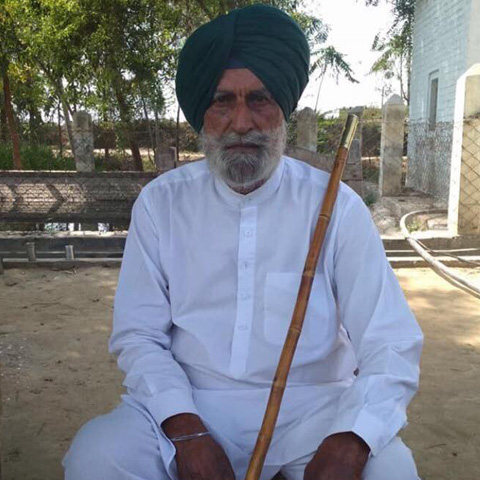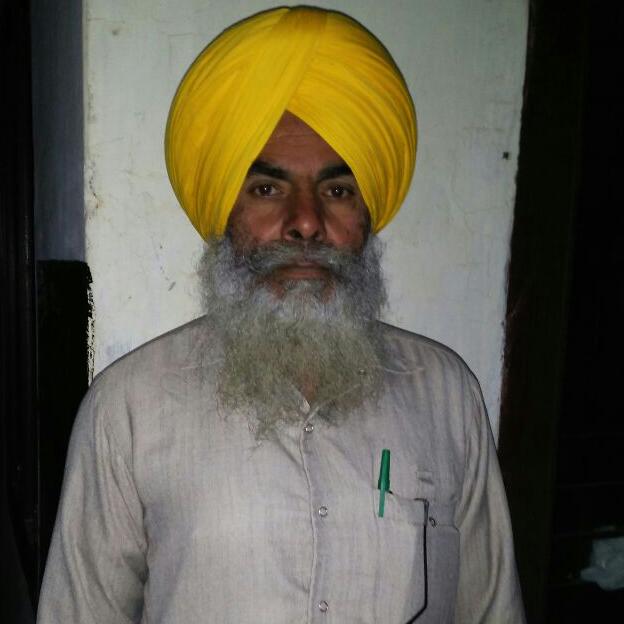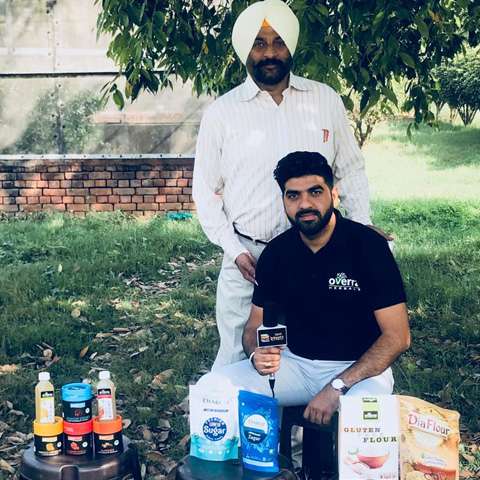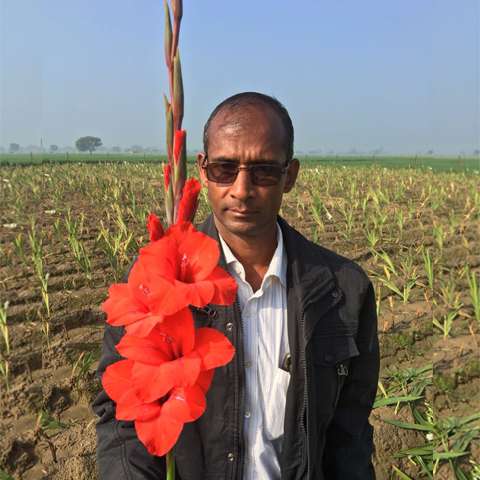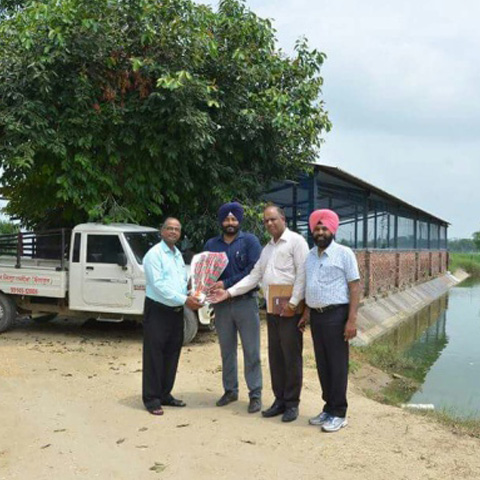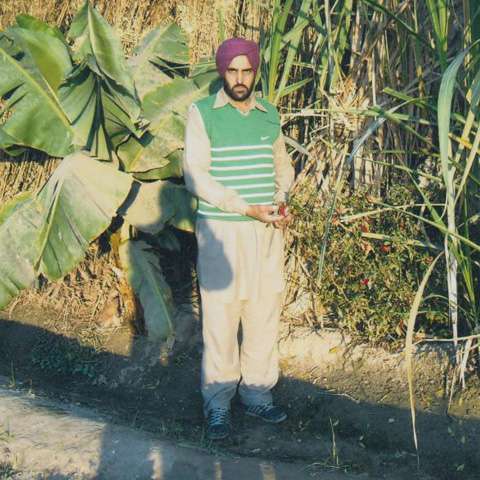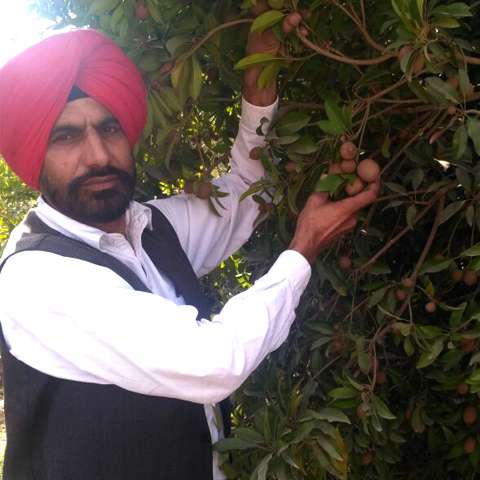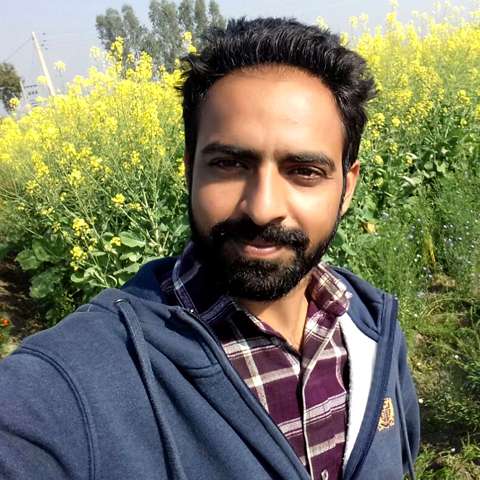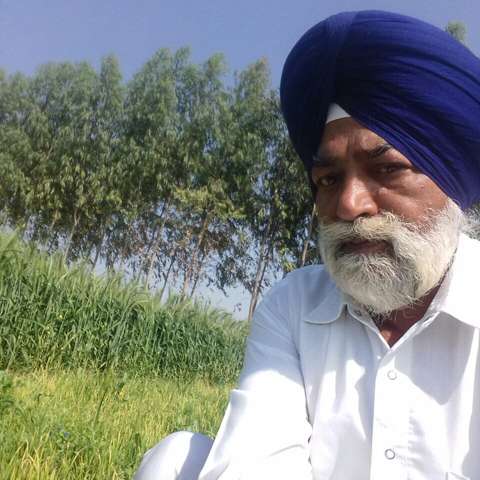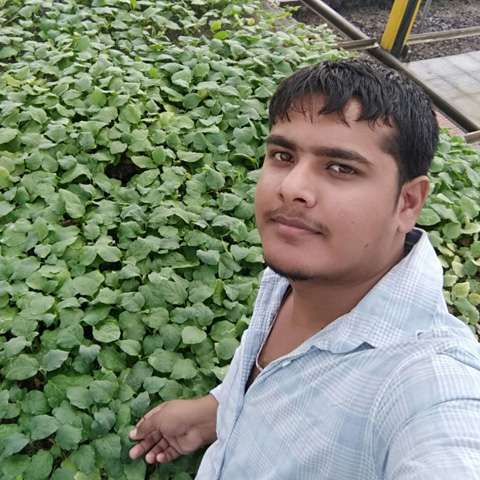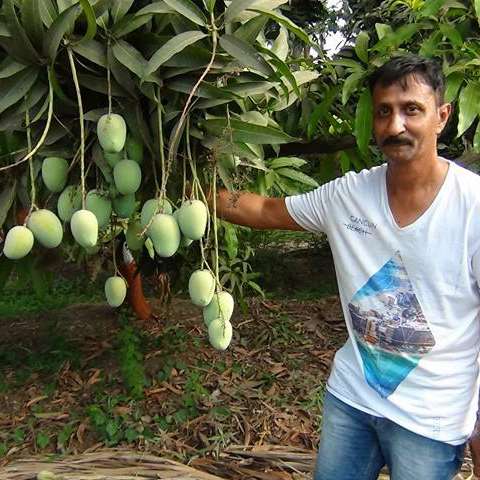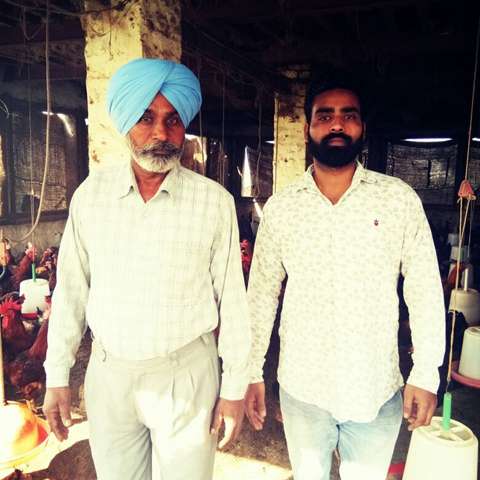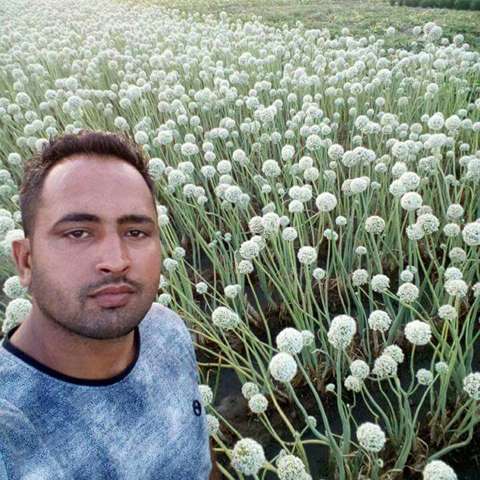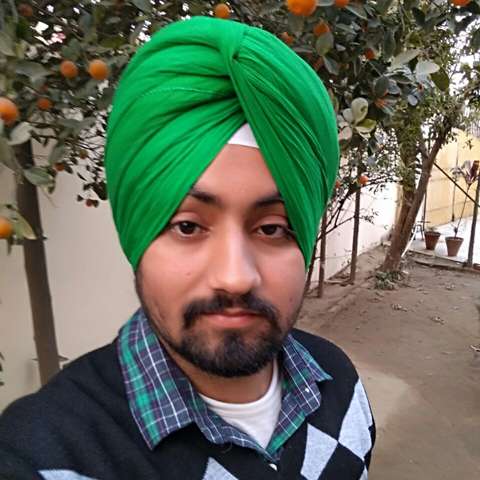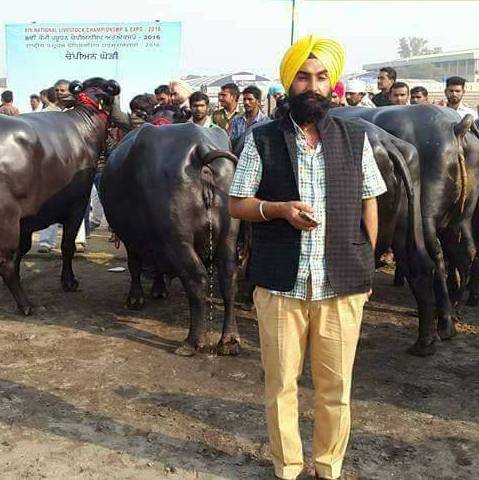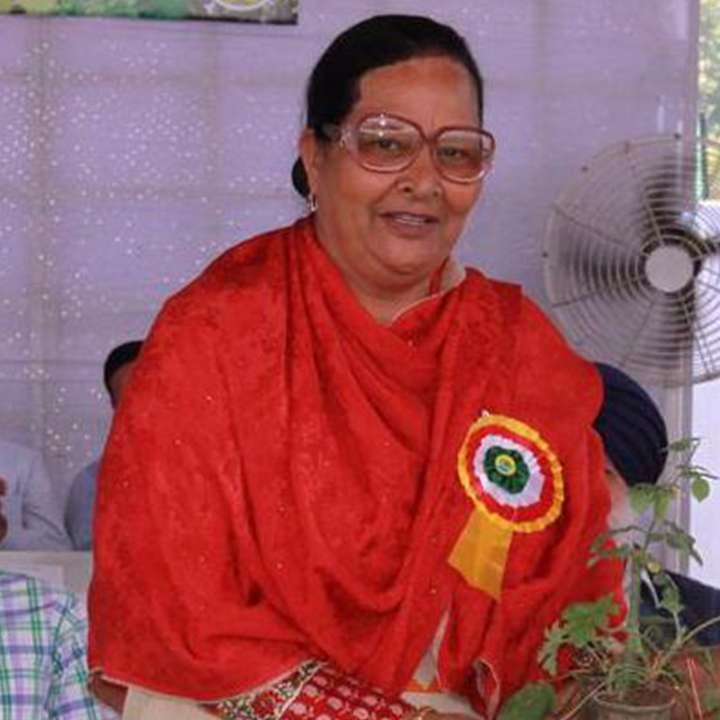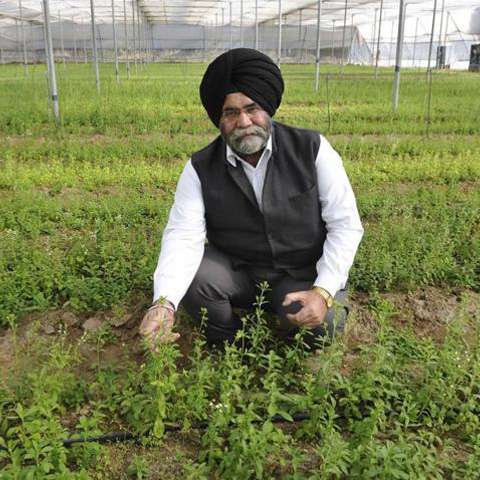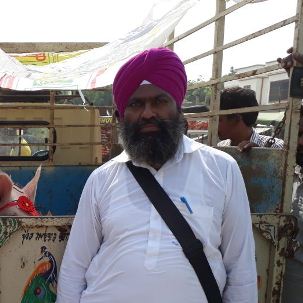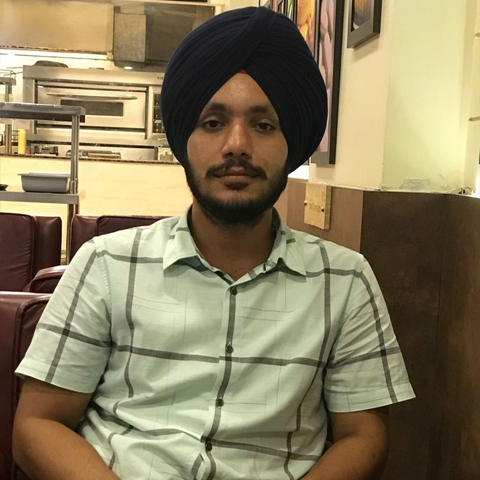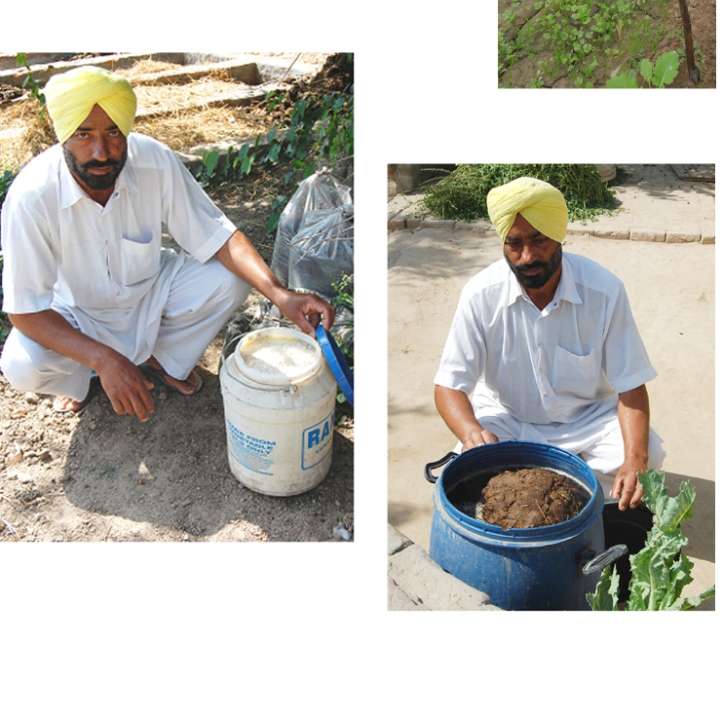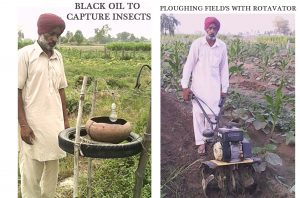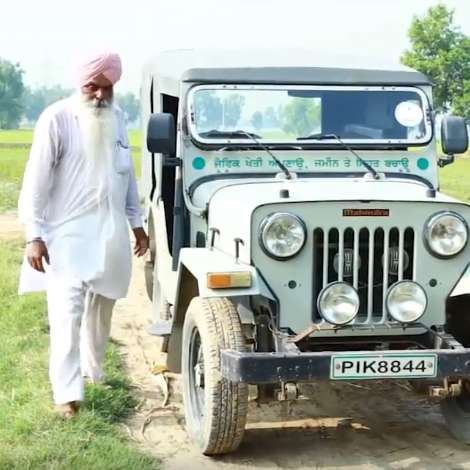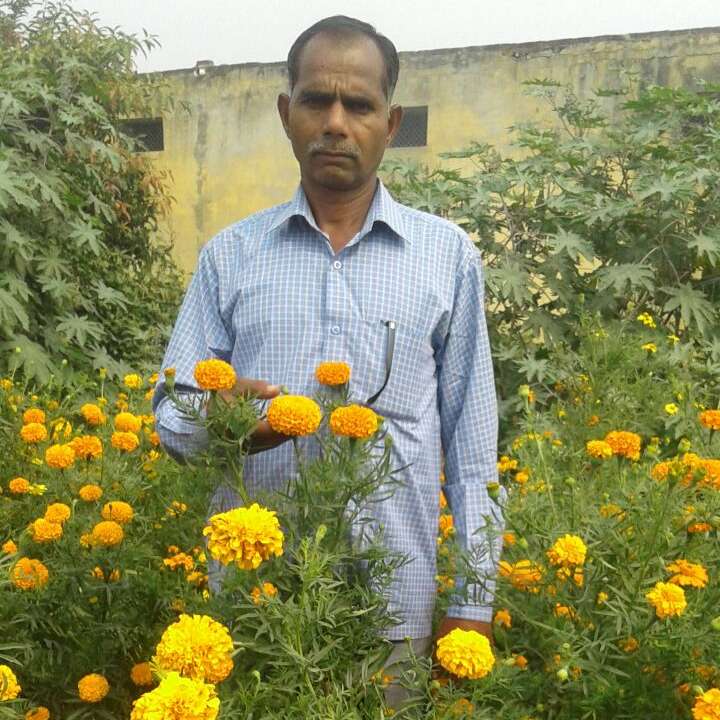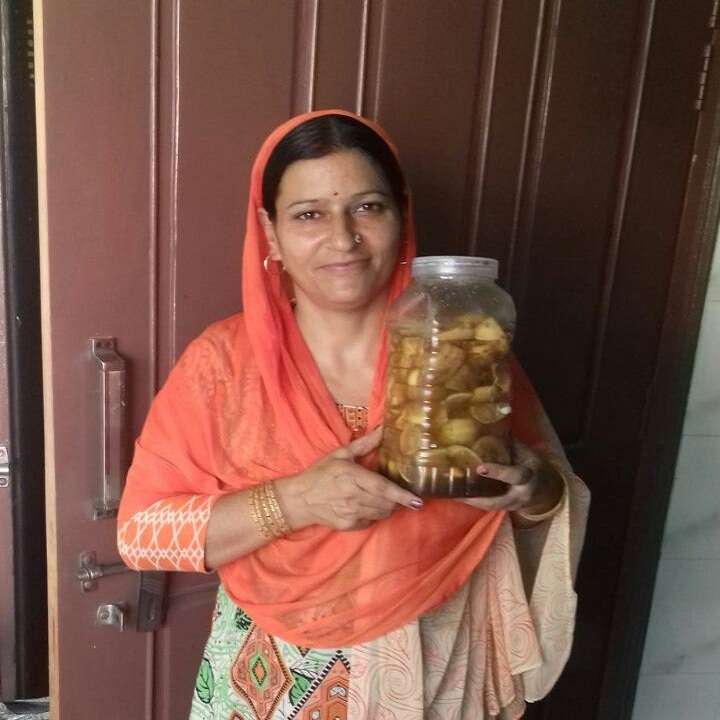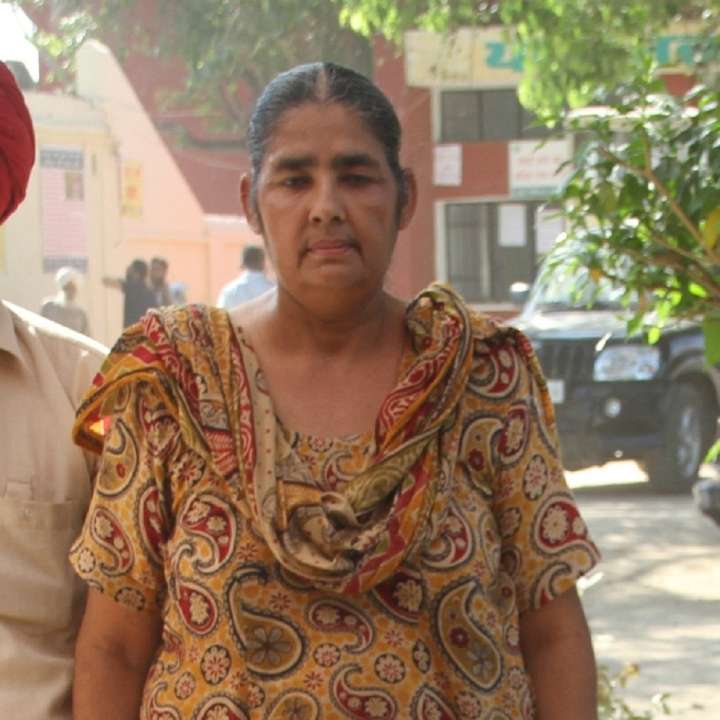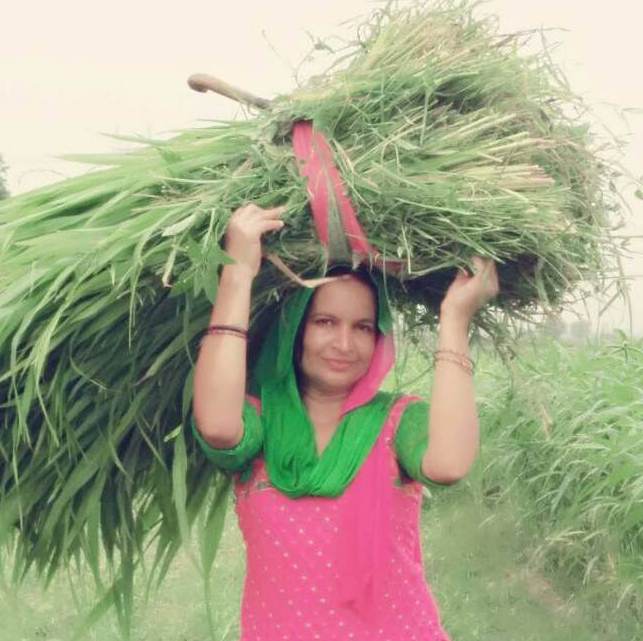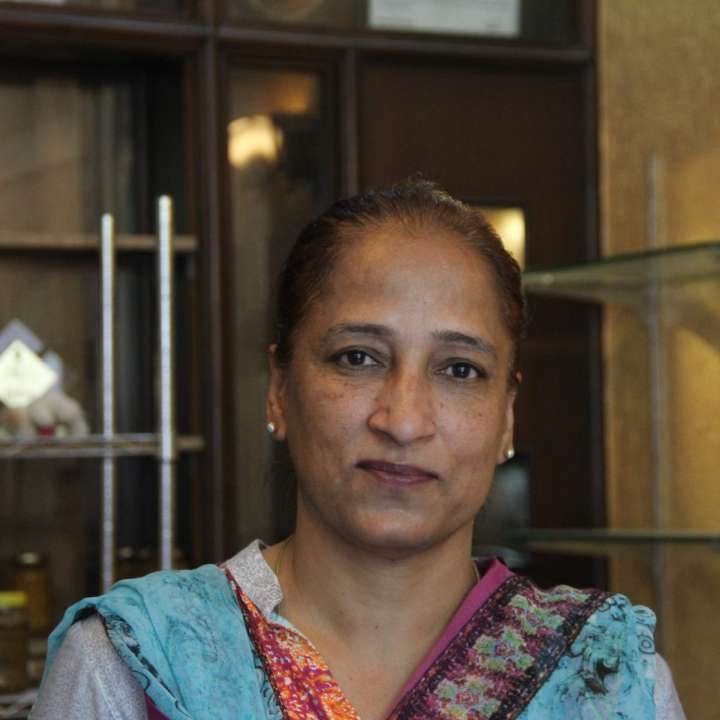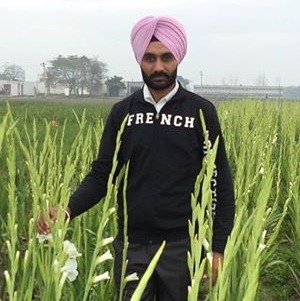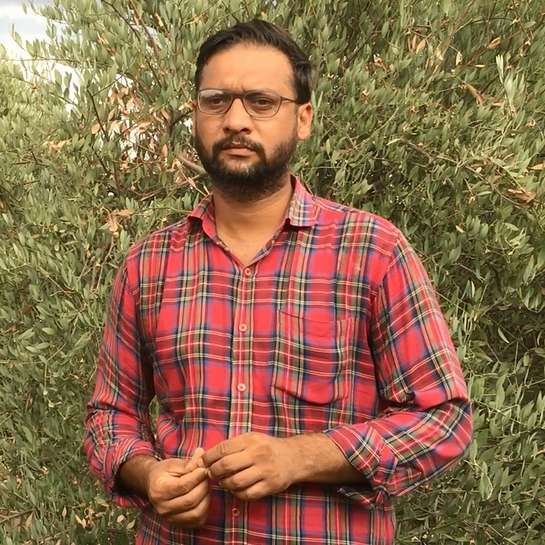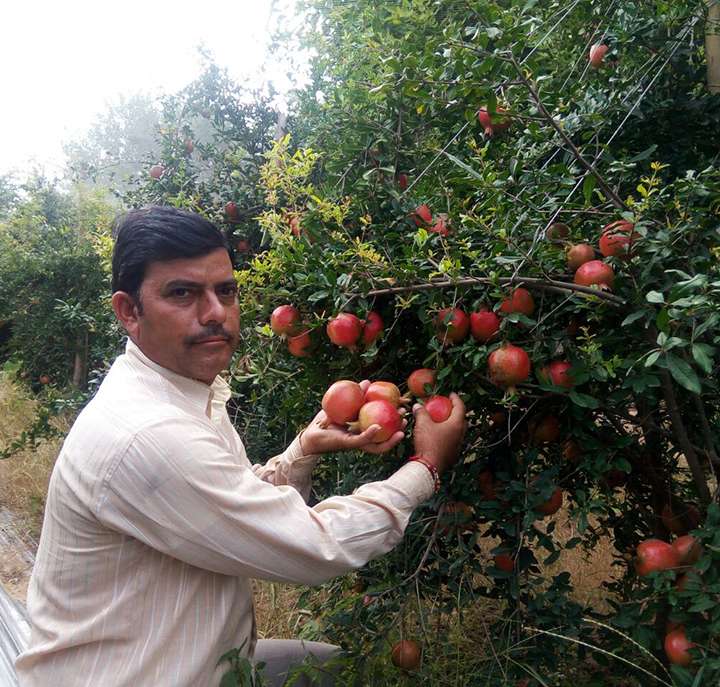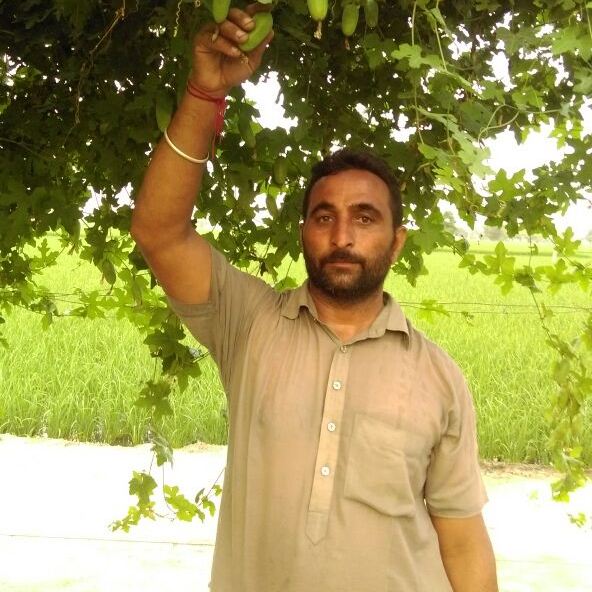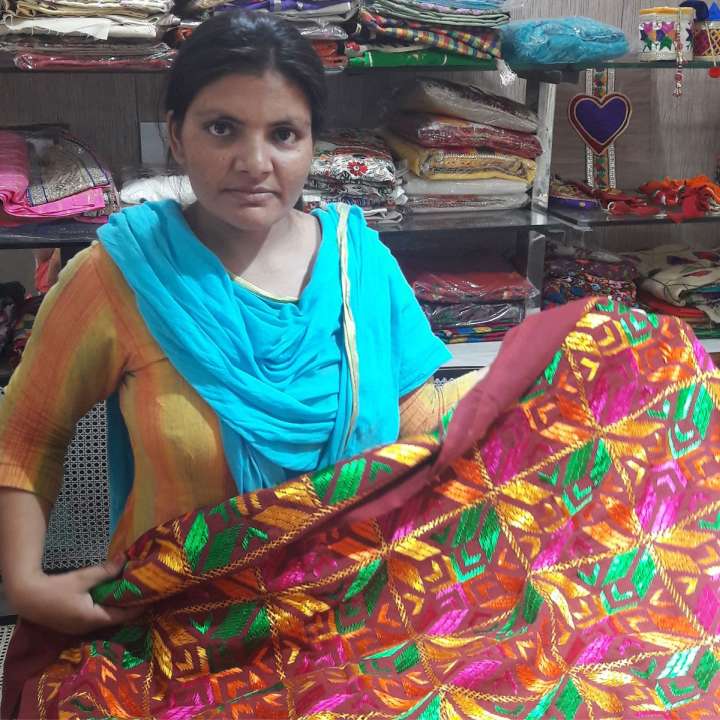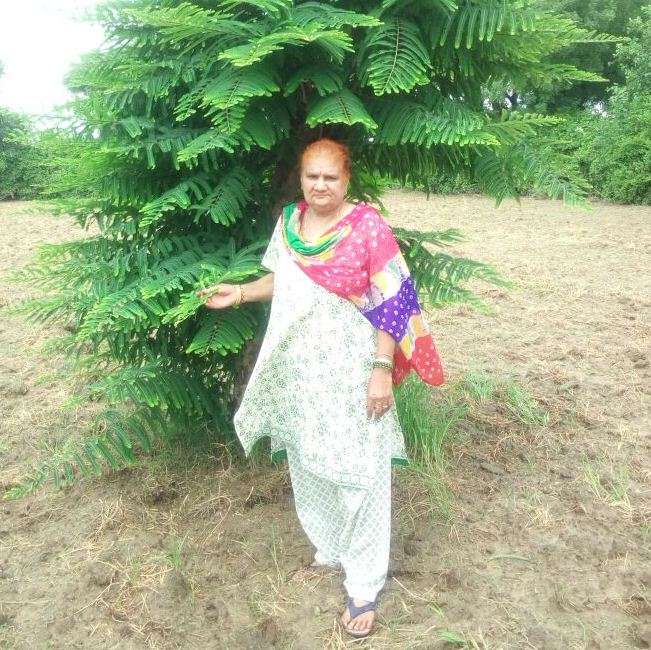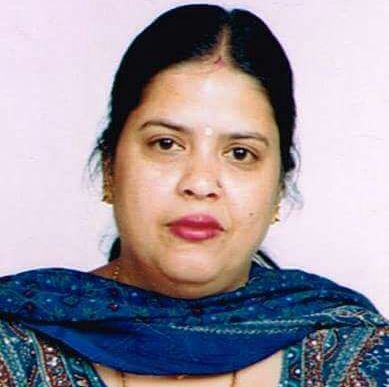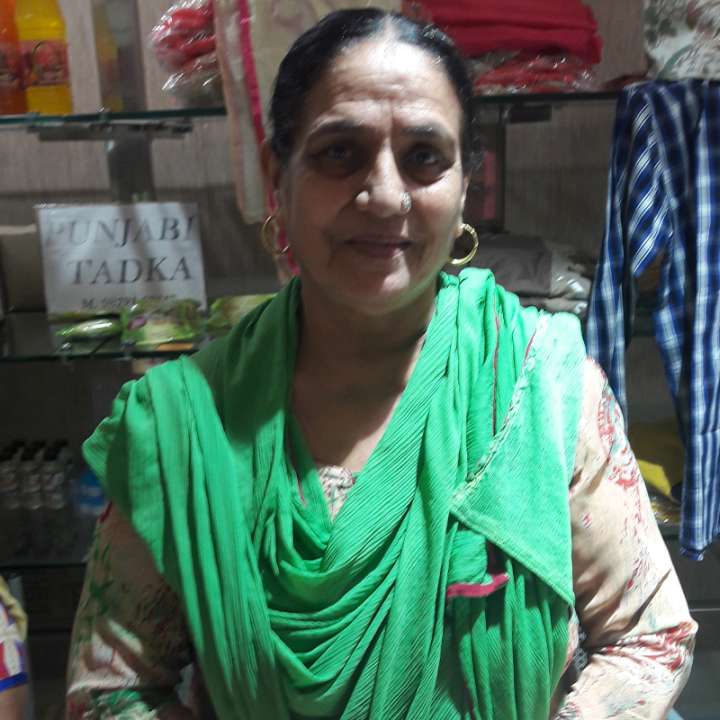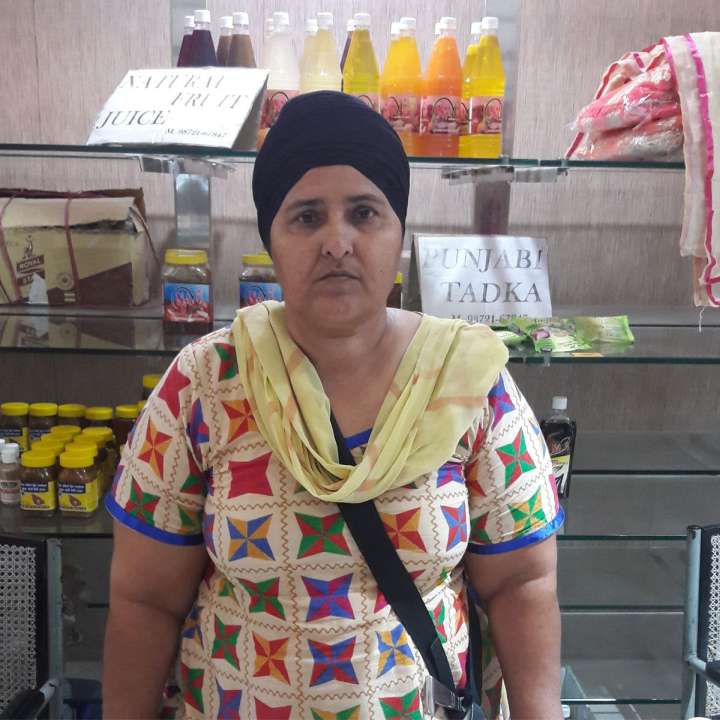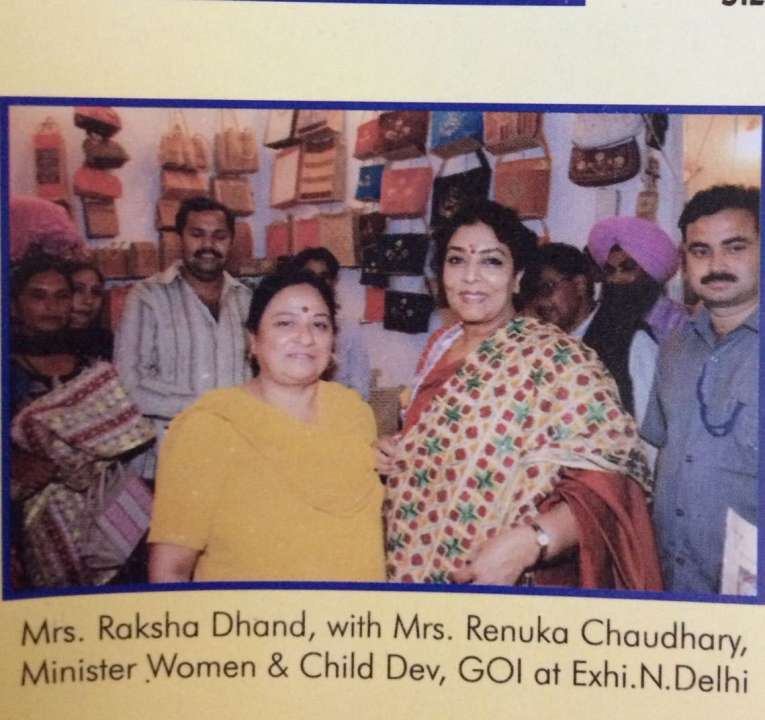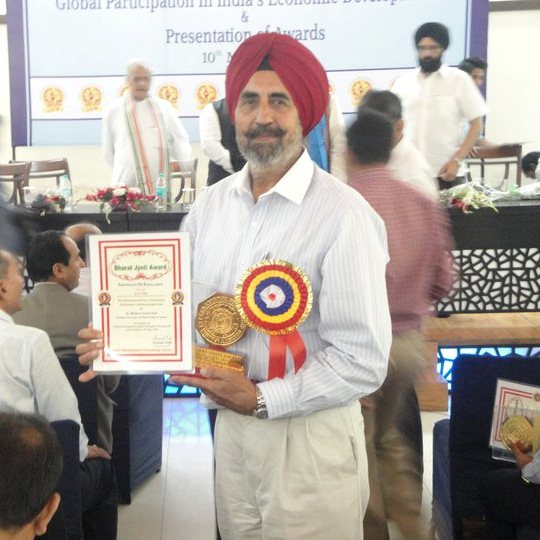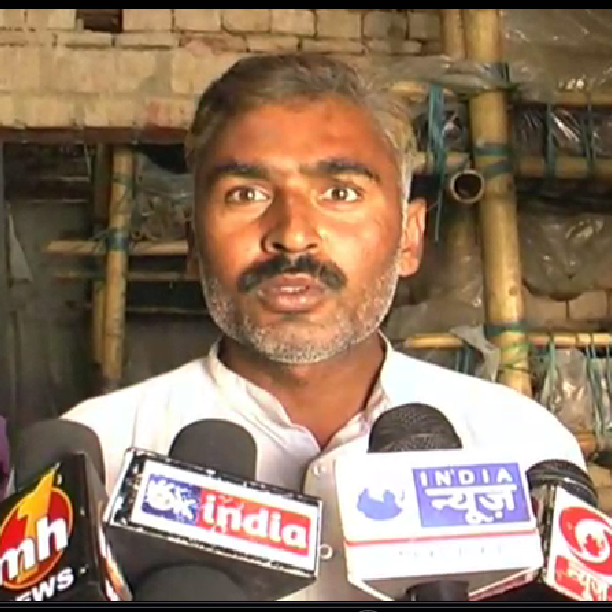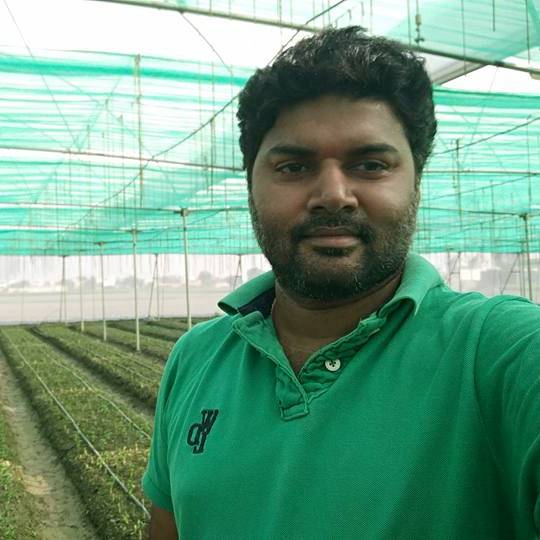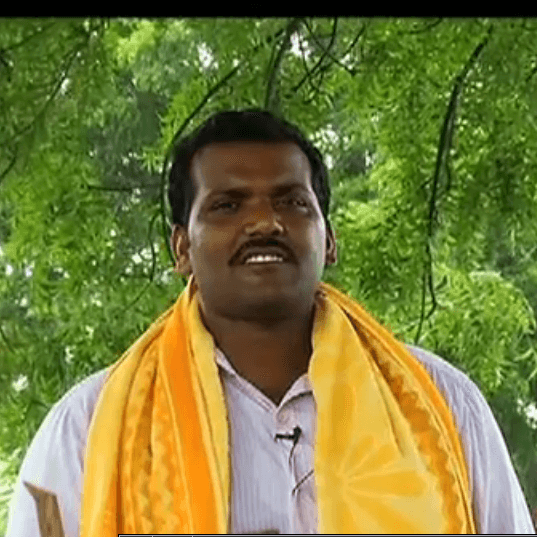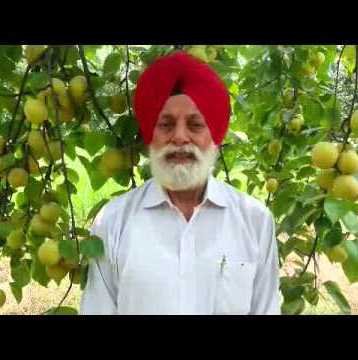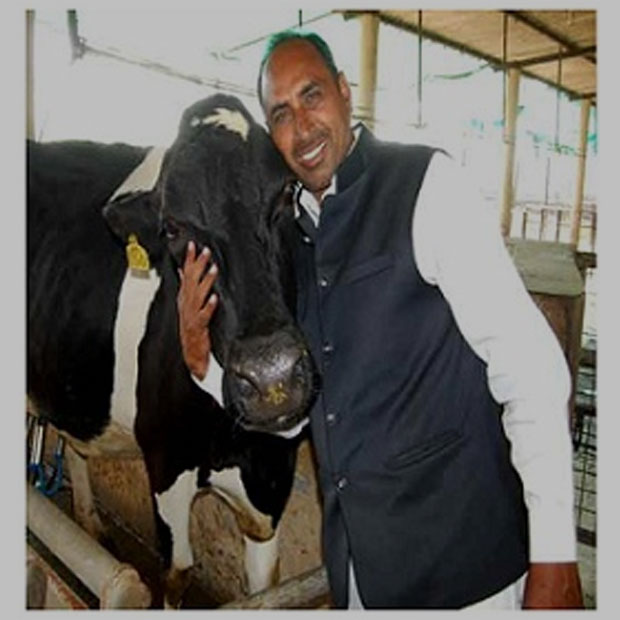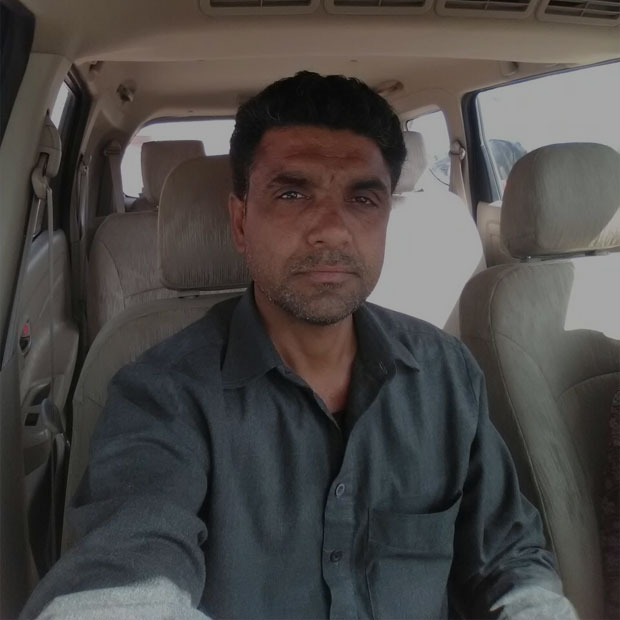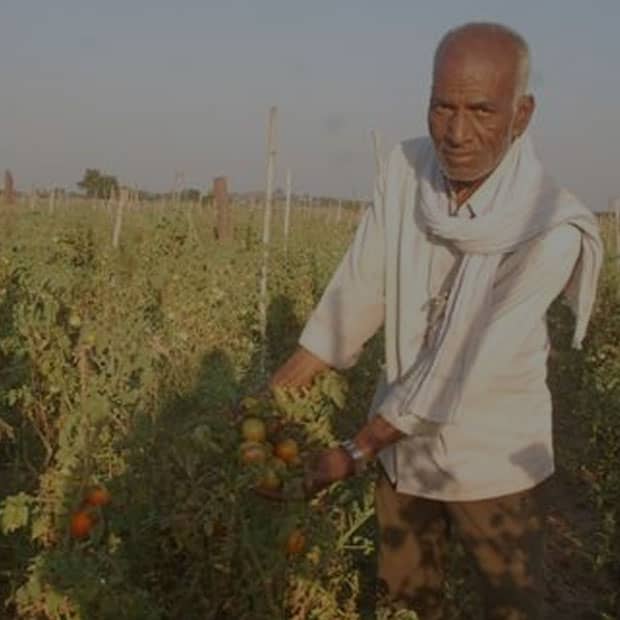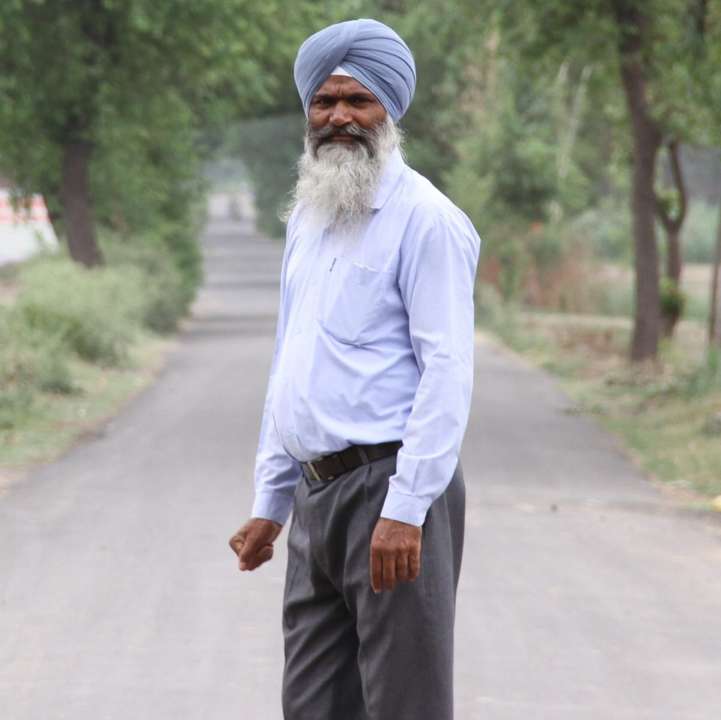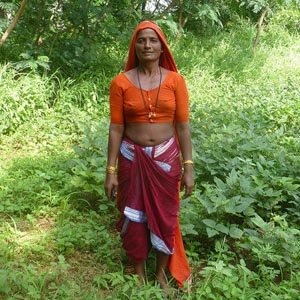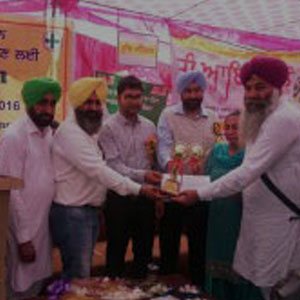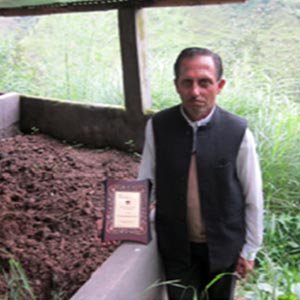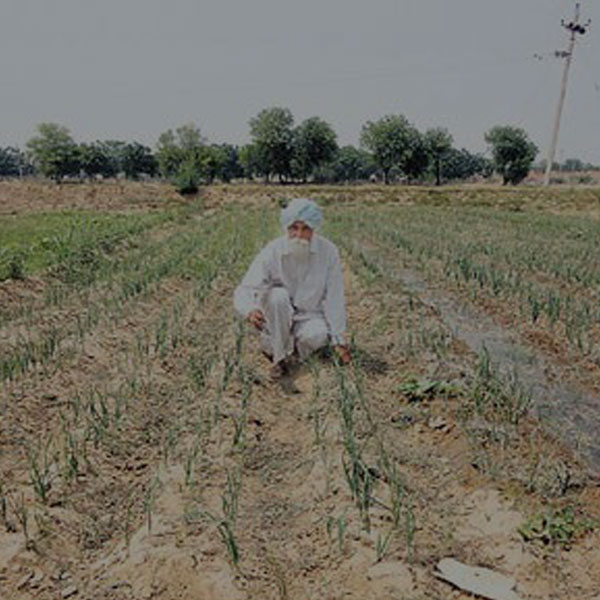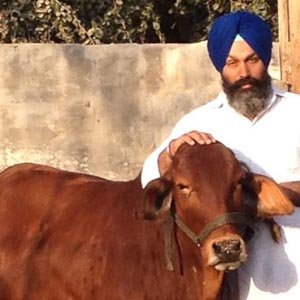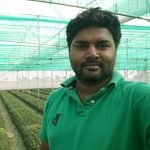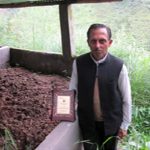“Behind every successful woman is herself”
– How Kulwant Kaur proved this quote absolutely true
In India there are many women who have extraordinary personalities, not citing the looks but their skills and confidence are what makes them amazing from the others. Nothing can stop them from accomplishing what they aim at, and the reason behind their unique persona is that they are the inspiration of themselves.
One such a woman who realized the calling and chose agribusiness as her future plan is Kulwant Kaur. As being from a farming background, Kulwant Kaur and her husband Jaswinder Singh were doing paddy and wheat farming and were also actively involved in dairy farming. From the beginning, family’s main focus was on dairy business, because they owned 2.5 acres of land and used to take land on the lease when necessary. With 30 buffaloes in the dairy farm, their milk business was flourishing very well and was more profitable as compared to farming.
Kulwant Kaur was very interested in agriculture and the trades related to it, and one day when she read about KVK Fatehgarh Sahib then she decided of joining it. She took fruit and vegetable management training of 5 days from there in 2011. On the last day of the training, she participated in a competition and won first prize in making apple jam and turmeric pickle. The first prize that she won there was her first achievement in her life, and this achievement made her so determined and inspired that she decided to start this work on her own. Her products were so good that soon she gained a good customer base.
Gradually her work speed, efficiency, and product quality got better with the time and turmeric pickle became the most in demand product of her. Later on, to enhance her skills she joined KVK Samrala for Phenyl, Soap, Amla Juice, Chutney and Pickle training. To make her training in use, she especially visited Delhi to purchase Amla juice machine. Very soon she grasped the technique of making aloe-vera juice, shampoo, gel, and hand wash from the same machine and after seeing the processed products she was enthused and gained confidence.
It was her confidence and achievements which always motivated Kulwant Kaur in doing more. Finally, Kulwant Kaur started manufacturing products at home and also marketed them herself. Her interest towards agribusiness drifted her more towards this field. In 2012 she became the member of PAU Kisan Club. And after that, she took every training given by them. Her interest towards farming was increased and slowly they reduced their dairy farm work.
Besides Paddy and wheat, now, Kulwant Kaur and her husband started growing mung beans, sugarcane, fodder crop, turmeric, aloe-vera, tulsi and stevia also. From turmeric, she is producing turmeric powder, turmeric pickle, and Panjeeri (sweet dry powder mixture made up of Bengal Gram Chickpea powder, Flour, and Clarified butter). Panjeeri and turmeric pickle are her most in demand products.
Well her journey was not that easy, she faced many problems also. She planted 1000 stevia plants out of which only half survived. As she knew that stevia cost is very expensive (Rs 1500/Kg) due to which it out of reach for common people. So, she found out a different way of selling it, she bought green tea from the market and mixed stevia in it and started selling it at Rs. 150 per 100 grams. Because of the stevia’s health benefits for diabetic patients, the tea was purchased by many local homes and other customers also.
Currently, she is manufacturing around 40 products and is selling it in the nearby market and in PAU fairs. She also has a product called Satras (made up of Tulsi, apple vinegar, honey, ginger, garlic, aloe-vera, garlic, and amla) especially for heart patients and it is very effective also.
Along with the skills, Kulwant Kaur also likes to be updated with all the latest farming machinery and equipment. She has all the farming machinery and, she uses laser leveller to level the fields. Her whole family is helping her and is working with her especially her husband. Her daughter is doing government job and her son is helping her in the business. Currently, the main focus of the family is towards marketing and less on agriculture. Her efforts in the agribusiness field have made her won first prize in Kisan Mela (Patiala) for turmeric products. Besides this, she also received Sardarni Jagbir Kaur Grewal Memorial Award at Kisan Mela (organized by Punjab Agriculture University Ludhiana in 2013)
Today whatever Kulwant Kaur has achieved that is only because of her own belief. In future, she wants to market all her products herself. She also wants to impart training to other women in the society so that they can stand on their own and be independent.
Message to farmers:
“Ladies should be productive in their free time because this helps in managing the home finances effectively. They should take advantage of the food processing training and step forward in the field of agribusiness. Agribusiness is a very profitable venture in which people can make money without any big investments.”




